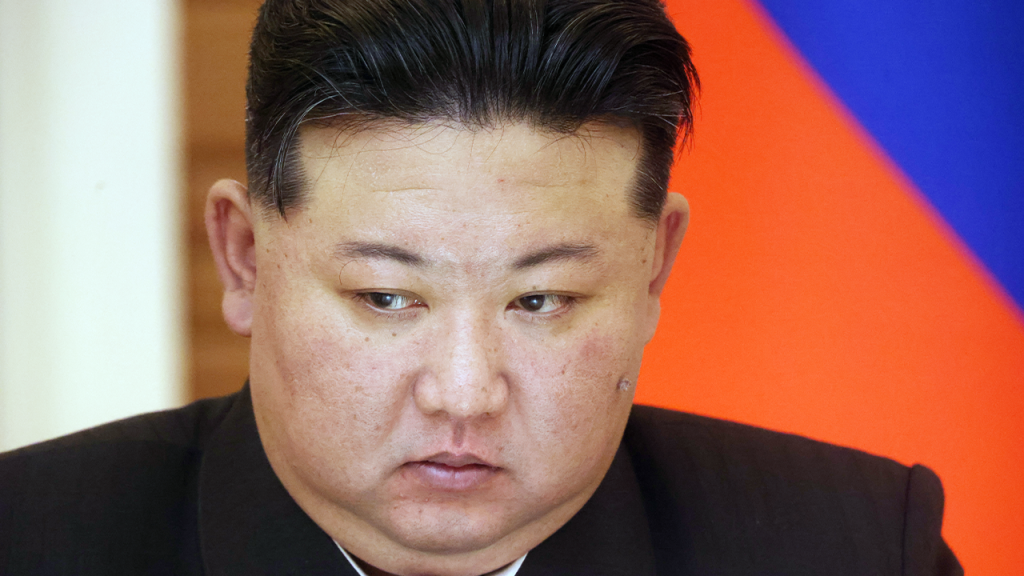According to a report from South Korea, North Korean dictator Kim Jong Un may have ordered the execution of at least 30 government officials in response to the devastating floods that occurred over the summer, resulting in thousands of casualties. The officials were reportedly sentenced to capital punishment for failing to prevent the deadly flooding in the Chagang Province near the border with China. The extreme secrecy of North Korea makes it difficult to confirm the exact details of the executions, but the North Korean Central News Agency (KCNA) did report that Kim ordered the officials to be strictly punished after the catastrophic floods hit the area.
North Korean state media reported that heavy rains in late July led to flooding of over 4,000 homes and numerous public buildings, roads, and railways in Sinuiju and Uiju. Kim Jong Un blamed public officials for failing to prevent the disaster, resulting in casualties that he deemed unacceptable. Despite offers of aid from neighboring countries such as China, Russia, and South Korea, North Korea refused all assistance. Kim toured Uiju in early August to meet with flood victims and discuss recovery efforts. During his visit, Kim accused South Korea of exaggerating the extent of the damage from the floods, labeling it as a smear campaign and a grave provocation against his government.
The executions of the government officials in response to the floods highlight the extreme measures that Kim Jong Un is willing to take to maintain control and punish perceived incompetence in his regime. The brutal treatment of officials who have failed to prevent disasters could have a chilling effect on others in positions of authority, leading to fear and further repression within the government. The refusal of aid from neighboring countries also underscores the tension and mistrust between North Korea and other nations, despite offers of assistance in times of crisis.
The South Korean report of the executions sheds light on the secretive and authoritarian nature of the North Korean regime, where dissent and failure to meet expectations can result in severe consequences. Kim Jong Un’s leadership style, characterized by fear and control, is evident in the harsh punishment meted out to officials following the floods. The lack of transparency and accountability in the North Korean government contributes to a culture of fear and oppression, where individuals live in constant fear of retribution for perceived failures.
The devastating floods and subsequent executions of government officials further illustrate the challenges facing the people of North Korea, who are subjected to the whims of a brutal dictator and a repressive regime. The lack of accountability and transparency in the government, combined with a culture of fear and control, creates a climate of uncertainty and instability for citizens. The refusal of aid from neighboring countries also highlights the isolation and hostility that North Korea faces on the international stage, as tensions remain high with South Korea and other nations in the region.
Overall, the South Korean report on the executions of government officials in response to the floods provides a window into the repressive and authoritarian nature of the North Korean regime under Kim Jong Un. The brutal punishment of officials reflects the extreme measures taken by the dictator to maintain control and instill fear in those who challenge his authority. The refusal of aid from neighboring countries, despite the devastation caused by the floods, further underscores the isolation and mistrust that characterize North Korea’s relationships with other nations. Despite these challenges, the people of North Korea continue to endure hardship and repression under the oppressive regime of Kim Jong Un.


